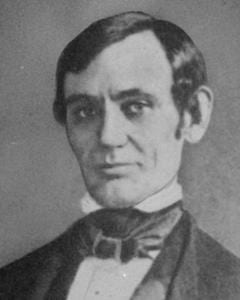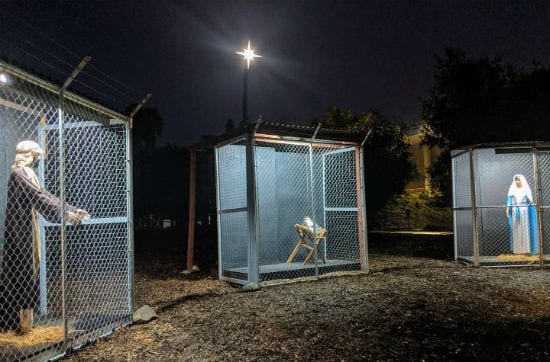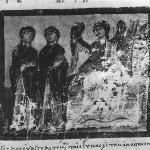Reinhold Niebuhr is considered one of the greatest theologians and moral philosophers of the 20th century.
In other words, nobody pays him any attention any more.
That's a shame, since much of his writing remains uncannily timely — particularly Moral Man and Immoral Society, The Nature and Destiny of Man, and The Irony of American History.
Niebuhr's most remembered contribution is a little prayer that few realize he wrote:
God grant me the serenity to accept the things I cannot change
Courage to change the things I can
And wisdom to know the difference.
That is, of course, the central plea of Alcoholics Anonymous and of the larger 12-step movement. It also provides a workable summary of Niebuhr's "Christian realism" and his larger moral philosophy.
The great themes of Niebuhr's theology were sin and power. He wrote about sin and human sinfulness with profound insight. Rejecting the idea that humans are either essentially good or ultimately perfectable, he wrote of sin and sinfulness in Augustinian, Pauline terms, once joking that original sin (i.e. essential sinfulness) was "the only empirically verifiable Christian doctrine."
This appreciation for the inescapable, corrupting pervasiveness of sin made Niebuhr extremely cautious about the unconstrained concentration of power.
Much of what he wrote was a response — a devastating response — to what he saw as the naive and unduly optimistic millennialism of early 20th century theologians in the Social Gospel movement. While he shared most of the goals of these idealists, Niebuhr rejected what he saw as their assumption that virtue and good intent were, of themselves, sufficient constraints on the concentration of power.
With a new breed of idealism ascendant in American foreign policy, it's worth revisiting Niebuhr's cautious, chastening critique. The neoconservatives are blithely optimistic about the potential for remaking the world through a combination of supervirtue and superpower.
Niebuhr might have agreed to such a grand scheme, but only if it didn't have to be implemented by humans.
















